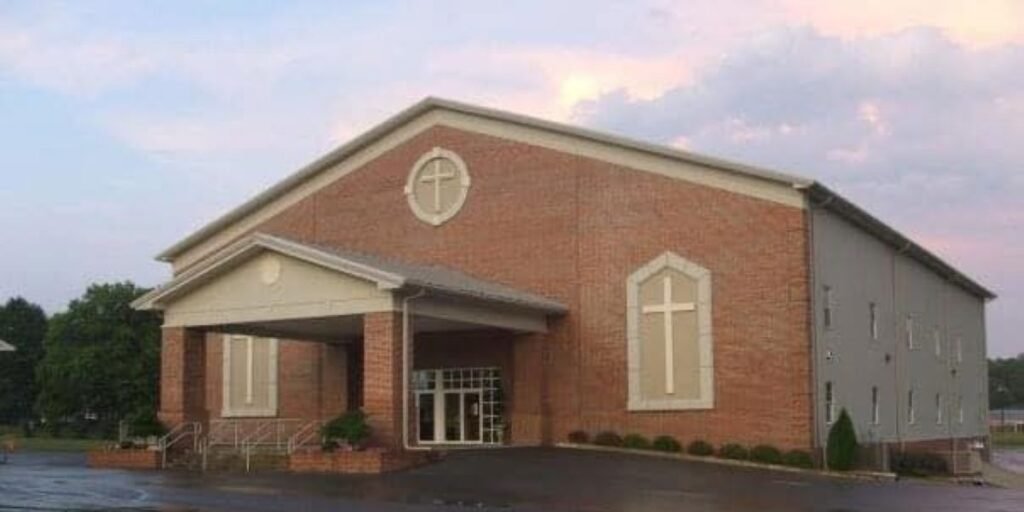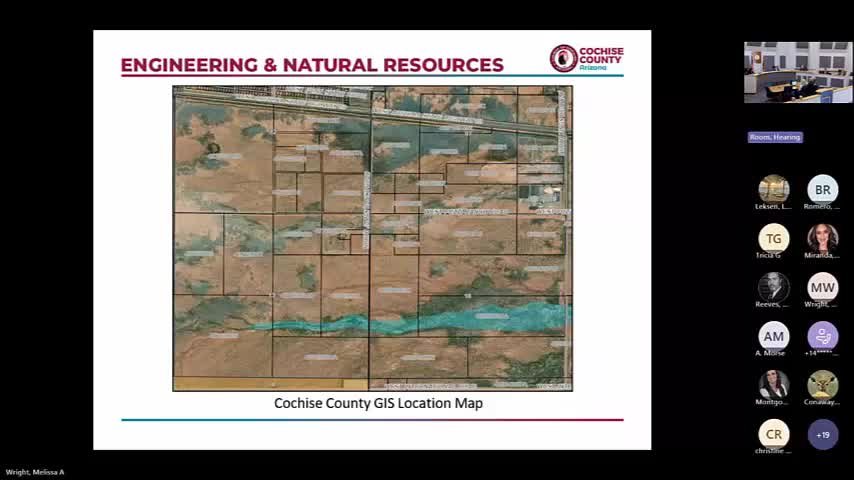IRS Decision on Church Endorsements Sparks Debate
A recent court filing revealed that the Internal Revenue Service might no longer enforce a long-standing rule, potentially allowing churches in Alabama to endorse political candidates without jeopardizing their tax-exempt status. This marks a departure from the agency’s previous adherence to the Johnson Amendment, which restricts 501(c)(3) organizations—including churches—from endorsing or opposing candidates to maintain their tax benefits.
The filing indicates that the IRS will continue to allow two Texas churches, Sand Springs Church and First Baptist Church Wascom, to retain their tax-exempt status despite having endorsed political candidates. During a recent White House event, former President Donald Trump praised this development as a triumph for both religious freedom and free speech. “God is back in our public square again,” he remarked.
Trump has long voiced his opposition to the Johnson Amendment, claiming it unfairly hindered religious leaders’ ability to engage in political discourse.
Responses from religious leaders and legal experts have been mixed. Supporters see it as a chance for religious figures to speak freely on moral and political matters without fearing repercussions. For instance, Rev. Robert Jeffress from Dallas celebrated it as a win for free speech, while Rev. Carrie Gordon from Iowa noted the church’s newfound ability to address political issues that impact their communities directly.
Others, like Rev. Jamal Bryant from Georgia, expressed enthusiasm about potentially backing political candidates from the pulpit in future elections.
Conversely, critics caution that this shift could alter the churches’ roles as moral guides and exploit their influence for political gain. Ellen Aprill, a tax law specialist at Loyola Marymount University, warned that this lack of enforcement might enable a funneling of campaign funds through churches, escaping taxes and disclosure mandates. Currently, churches enjoy less stringent reporting rules compared to other nonprofits.
Rev. Thomas Bowen, who once served as a White House faith liaison, voiced concerns about churches becoming “protectors for the campaign” and emphasized that moral authority should not be traded for influence.
This IRS decision does not compel churches to endorse candidates or modify Alabama laws, but it illuminates some federal legal hurdles. In Alabama, where churches have historically played vital roles in community life, this ruling might embolden them to discuss political candidates more openly in upcoming elections, including the 2026 midterms.
However, even among church leaders in Alabama, opinions are divided. Pastor Justin Spargin from Rainsville expressed a firm belief that churches should avoid endorsing political candidates, insisting that their primary mission is to glorify God and spread the gospel rather than dictate voting behaviors. In contrast, Rev. Gary Don Kirk, also from Rainsville, disagreed, arguing that churches deserve the same rights as any institution to support candidates.







